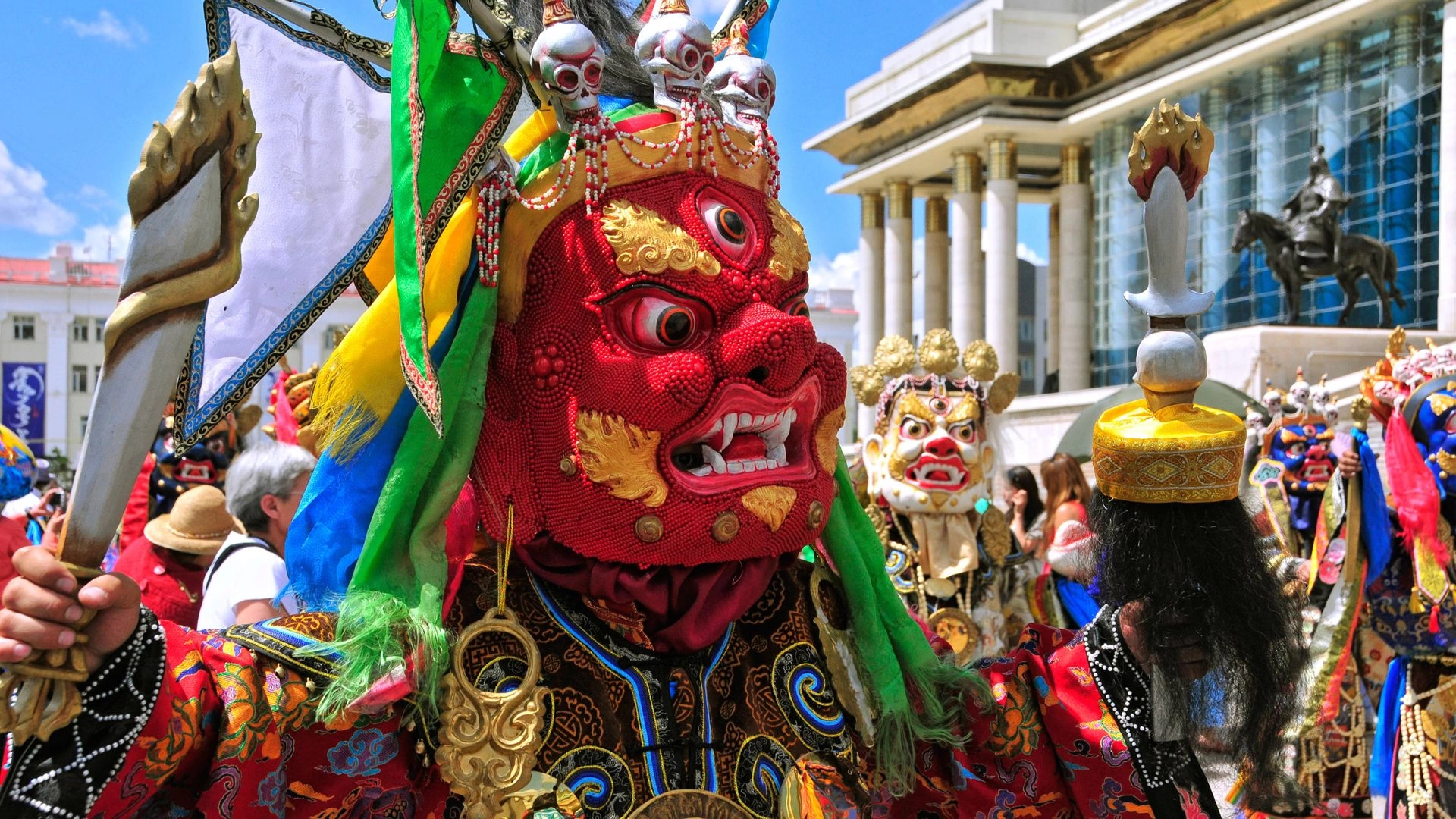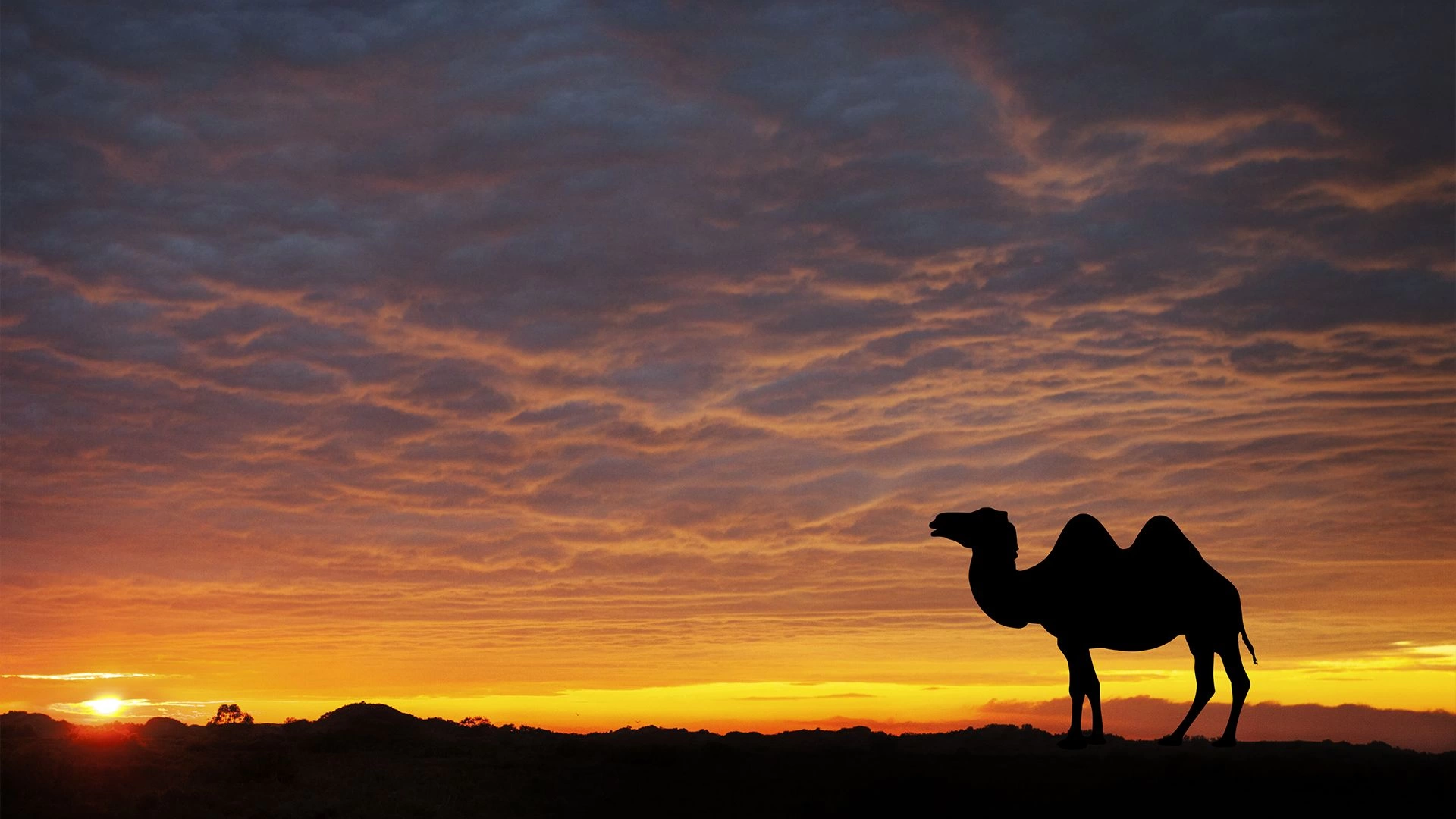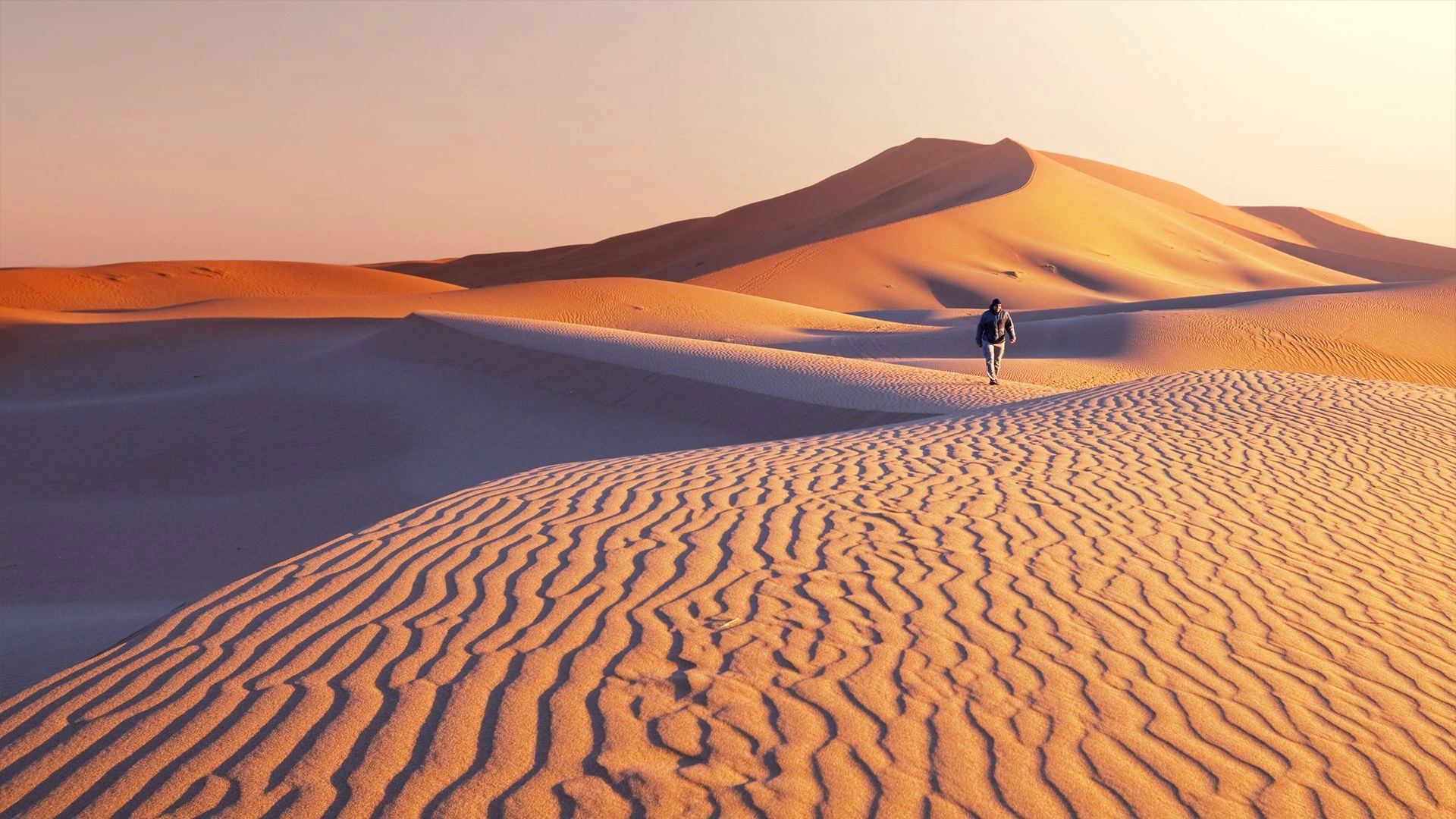Travel Mongolia responsibly
Mongolia needs our help. With one of the world’s most fragile environments and among the last of the great horse-based nomadic cultures, Mongolia’s uniqueness has endured through the centuries largely because of the country’s remoteness and isolation. Due to rapid development and ongoing exploitation of her natural and cultural resources, Mongolia’s ecology, her wildlife, and the traditional nomadic way of life are continually being impacted in negative ways. In order to reduce the impact, we at Mongolian Ways have created and adhere to the following principles to travel Mongolia responsibly.
1. Leave only footprints and take with you only photographs and memories. Your guide is responsible for ensuring that all trash and litter is packed out for appropriate disposal. Please use the trash bags and litter containers provided.
2. Antiquities and archeological treasures are often unprotected in Mongolia and may be standing exposed to the elements in many cases, left naturally where they were originally erected or found. Help us preserve them for the enjoyment of future generations by not defacing them, leaning on them, or touching them. Some artifacts, especially painted ones, or those made from cloth or paper, are fragile and the oils and acids from your skin may be very damaging to them.
3. Respect local traditions and customs, and the hospitality of nomadic people. If you are traveling with Mongolian Ways and staying with a nomadic family, part of your trip price will already include a fee which we use to supply the family with essential food items, cash, and other necessities in compensation for the resources which our group will use while staying with the family. Extended visits with families takes the family’s time away from household chores, caring for their animals, and collecting fuel and water. Visitors also consume their stocks or meat, tea, flour, milk, and other food items. Even if this becomes a hardship for the family, most Mongolian families would never refuse hospitality. If you are not traveling with Mongolian Ways and you stay with a nomadic family, please return their hospitality appropriately. Contribute food and other supplies, and help out with the work of the family. Leave some compensation for the food you have consumed if you have not brought any supplies, and if the family will not accept cash compensation, hand it to small children or leave it discreetly in their home when nobody is watching. Some backpackers have abused nomadic hospitality by staying for extended periods in “free accommodation”. We do not have words for this kind of behavior that can be expressed in polite terms. Nomadic families do not expect charity or excessive compensation for their hospitality, but you should use common sense to ensure you are not a burden on the family.
4. Recycle plastic containers and never dispose of plastic bags, batteries, or other harmful materials in the countryside. Plastic bags and nylon ropes and strings are dangerous to wildlife, as they may be ingested or tangle in the feet of wildlife and birds and cause a slow death by preventing the animal from foraging or hunting.
5. All toilet paper and paper waste should be put in a trash container, buried in a trench toilet, or burned. Carry a lighter with you to burn toilet paper when you are hiking or away from camp, but make sure you burn paper in a suitable place far from dry grass, wood, or other flammable items. Make sure any flames or sparks are fully extinguished before leaving the area.
6. In areas where wood is scarce, your guide may limit campfires. While campfires are enjoyable and create a wonderful atmosphere, they can be a strain on local fuel resources. Campfires must always be built on a suitable spot, and you should always ask your guide if a fire is appropriate. Your guide will try to find an old fire ring, or a spot on a rocky area where the fire will not leave lasting traces. In some spots it is possible to remove the turf, build a fire on cleared earth, and replace the turf the following morning when the fire has gone cold in order not to leave any lasting marks. Please respect your guide’s instructions on fire building to help us preserve the beauty of camping spots.
7. Many insect repellents contain ingredients poisonous to fish and amphibians. If you are wearing insect repellent, please wash up away from any water sources. 100 meters is a safe distance if run-off will not flow downhill into a water source.
8. Washing with anything but a biodegradable and environmentally friendly liquid soap should be done well away from rivers, streams, and lakes. A bucket or basin can be provided to you so that you can carry your wash water well away from the water source. Washing your body or clothes without using soap in a river or lake is OK.
9. Please do not chase or disturb wildlife. You may disrupt their feeding, scare them away from protecting their young, or tire them. Please do not request that your driver pursue animals so that you may photograph them. Animals tired in this way may die of exhaustion or abort their young. Mongolian animals must conserve as many calories as possible in order to build up enough fat and muscle reserves to survive winter. We ask your help in protecting them from undue disturbance.
10. Please do not purchase any items which may be made from the parts of wild animals. At this time in Mongolia, many wild animals are in danger of extinction, and while most are hunted by poachers who sell their parts to China or Korea for traditional medicine, local people may try to offer skins, furs, or horns of endangered animals to tourists. Please help us in educating local people that the well being of Mongolian wildlife is more important to educated travelers than taking home souvenirs of their demise. If in doubt about the appropriateness of any item, please ask your guide. Some items may be made from antlers shed naturally by domestic reindeer, from the skins of domestic animals slaughtered for meat, or from wool or fibers combed from domestic animals. These items can be responsibly purchased if you are sure of their origin, and products made from domestic herds are an important source of income for some native people.



